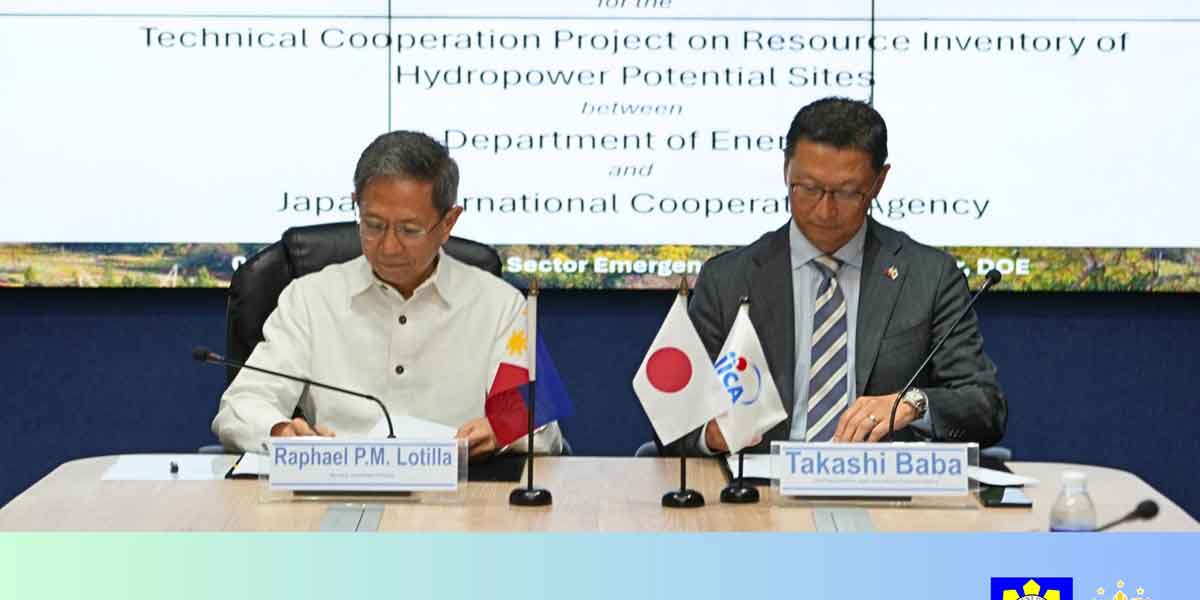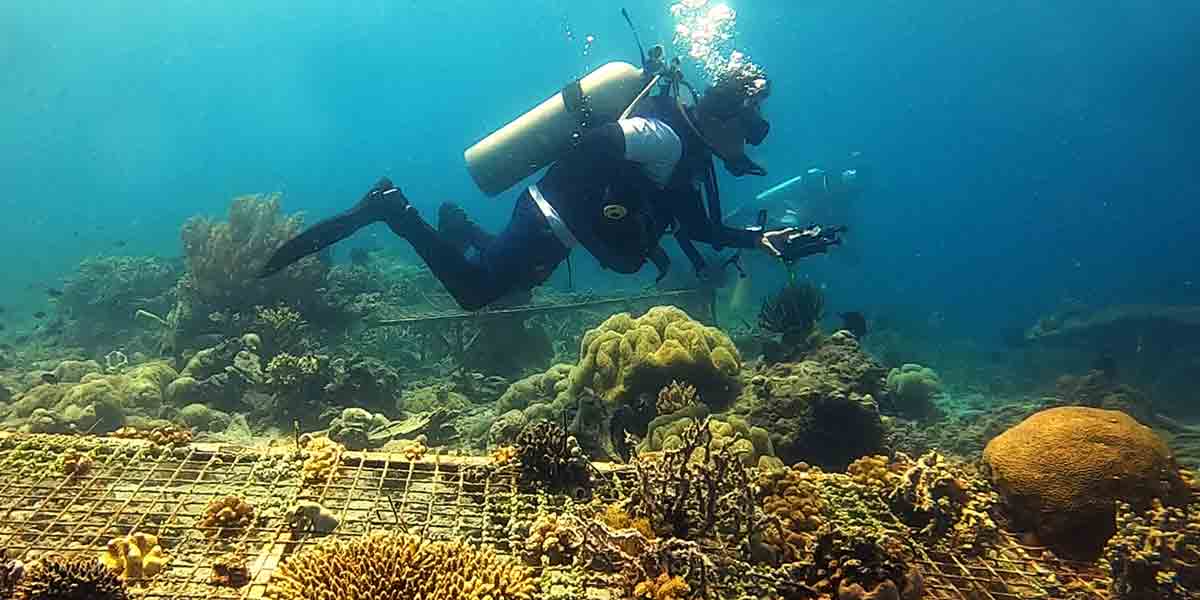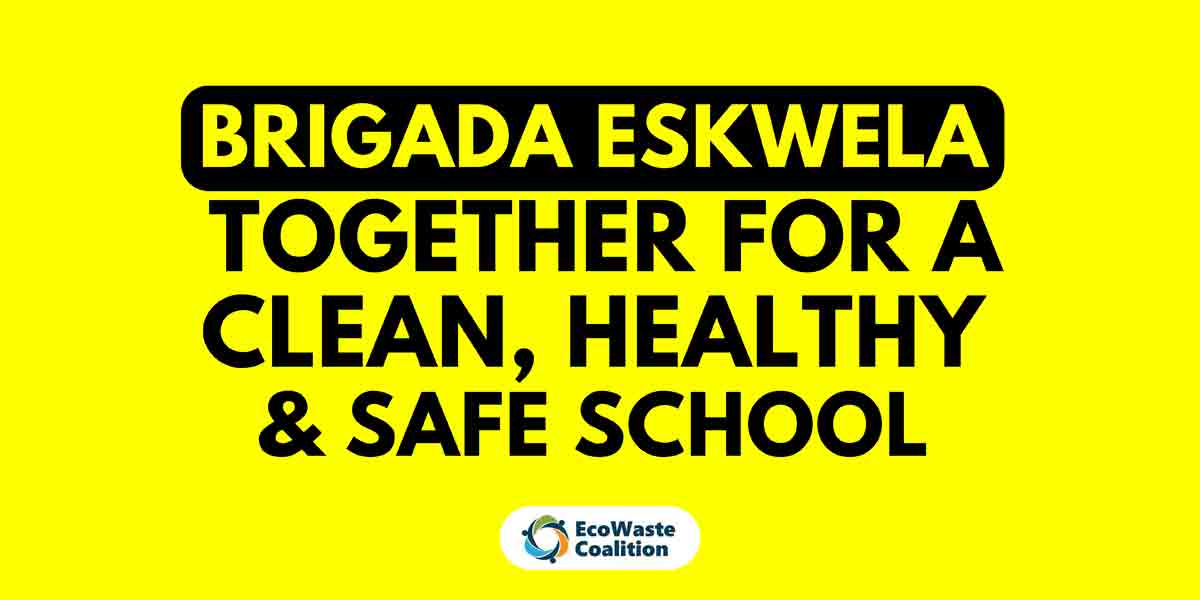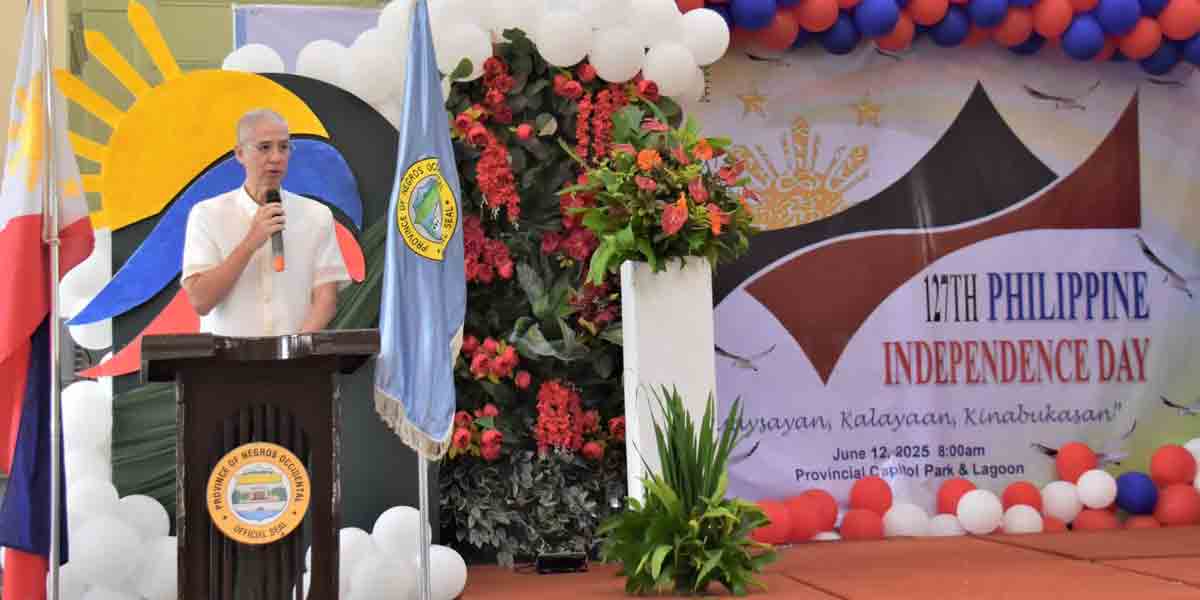By Dr. Rex Casiple
On March 3, 2025, President Ferdinand R. Marcos Jr. signed into law Republic Act 12124, institutionalizing the Expanded Tertiary Education Equivalency and Accreditation Program (ETEEAP).
This program allows Filipinos, especially working professionals, to earn a college degree for career advancement through non-traditional means, instead of attending classes for four to five years.
This is through their work experiences in industries, hospitals, schools, businesses, among others.
Under this law, the ETEEAP-deputized schools in the region or in the country will identify, assess, validate, and assign the grantee’s prior learning or experiences for the grant of appropriate academic degrees.
The Commission on Higher Education (CHED) is the lead agency in implementing this ETEEAP as an alternative mode of learning in higher education.
CHED identifies the ETEEAP-deputized Higher Education Institutions (HEIs) in the region or nationwide and develops standards for a diversified mode of assessing the grantee’s skills, values, knowledge, and levels of competence.
CHED is also tasked to monitor and evaluate the implementation of ETEEAP.
ETEEAP applicants must be Filipino citizens and at least 23 years old at the time of application.
They should have completed their secondary education and must have at least five years of aggregate work experience in the industry related to the academic degree program or discipline where equivalency of learning is sought.
The ETEEAP was first implemented in 1996 through Executive Order No. 330, converting professional experience and non-formal learning into academic credits leading to a college degree.
This qualifies grantees to take the Professional Regulation Commission (PRC) licensure examination appropriate to the degree earned.
According to the latest CHED data, there are at least 101 colleges and universities nationwide deputized under this program.
Region VI and the Negros Island Region (NIR) have the University of Iloilo (UI) and University of Negros Occidental – Recoletos (UNO-R) for Criminology; TUP-Visayas for Engineering; and La Consolacion College – Bacolod for Business Education, among others.
According to reports, there are around 3,000 ETEEAP graduates nationwide every year.
Recently, CHED and the PRC signed a joint circular to enforce a more stringent mechanism requiring state universities and colleges (SUCs) to secure the Certificate of Program Compliance (COPC).
This is one way of assuring quality among the programs offered by SUCs, particularly those requiring licensure examinations.
In the Western Visayas region, the COPC is one of the requirements for graduates of SUCs and local colleges and universities (LUCs) to qualify for various licensure examinations administered by the PRC.
To secure the COPC, SUCs and LUCs must comply with the policies, standards, and guidelines required by CHED for HEIs, preferably in five basic areas of evaluation: administration, faculty, curriculum, library, physical facilities, laboratory equipment, and research and extension.
With these requirements, SUCs and LUCs are obliged to hire qualified deans, program heads, and faculty; buy the required laboratory equipment; establish the required physical facilities, laboratory rooms, libraries, and classrooms; hire qualified librarians and purchase required books and references; conduct research and extension services, among others.
Eventually, once these LUCs and SUCs secure COPCs for their program offerings, they are expected to provide quality education.
These SUCs and LUCs, in return, may subject themselves to national accreditation and international quality assurance systems and may become recipients of the benefits and privileges enjoyed by internationally accredited HEIs in the country.






















